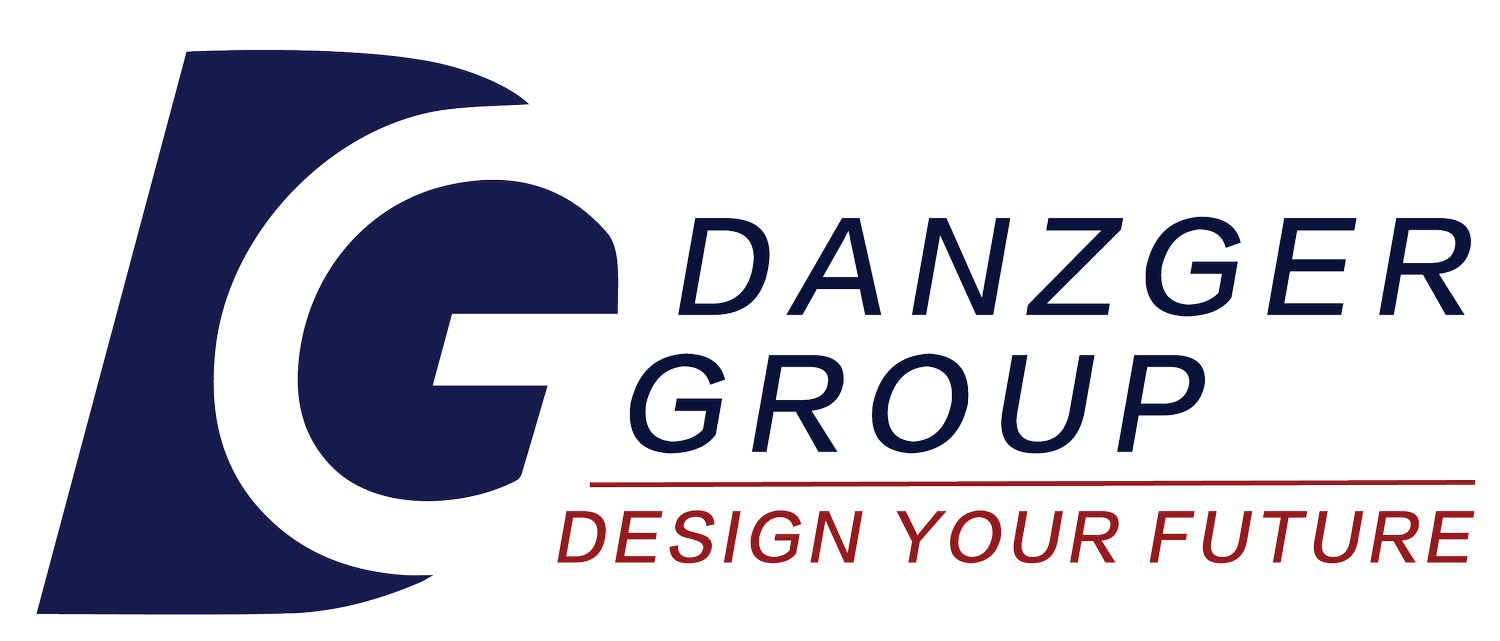Anxiety and Millenial/Gen Z Job Search
The evidence is well documented that millenials and Gen Z (those born around 1995 or thereafter) suffer from more mental health symptoms, including anxiety and depression, than the generations that preceded them. According to a 2019 Mind Share Partners report entitled “Mental Health at Work”, 50% of millenials and 75% of Gen Z-ers left a job at least in part due to mental health reasons. Fortunately, these groups are less stigmatized about it and are more likely to seek help.
Job search is a source of anxiety for many, and may be more acute for young adult job seekers.
Some sources of anxiety include:
Money Gen Z were teenagers during the crash of 2008. They experienced the effects of the downturn first hand, with many of their parents losing jobs and watching their paper wealth evaporate. That makes them desirous of job security. They are keenly aware of the high cost of living in hot urban markets like New York City and San Francisco, an impediment to leaving the nest. Compounding this anxiety about money, in many cases, is the record level of student debt, amounting to an estimated $1.5 trillion.
Competition Though the job market is strong, the number of young people receiving undergraduate degrees is at an all-time high. A college degree is no longer the golden ticket to prosperity. Competition for white collar jobs is intense. In addition, employers are pickier than ever about the skills and education they are seeking among graduates. There are notably fewer rotational/training programs than there were years ago. Employers are looking for productivity sooner rather than later.
Changing nature of the workplace The rise of the gig economy is undeniable. Roles that were formerly handled by full timers are increasingly outsourced to contractors. This is true in many disciplines, including journalism, graphic design, and marketing. Further, some employers are packaging what were once full time entry level jobs into internships, giving the employer and candidate a trial period.
Frustration The job search process is ambiguous and uncertain. It’s the furthest thing from the defined path that many young people have followed: work hard, complete your assignments, get good grades, get your degree. Employers aren’t helping any - according to a CareerBuilder study, more than half of companies respond to less than half of the people who apply to their job postings. It’s no surprise that it’s hard to keep up a positive attitude.
What can one do? One of the best ways to reduce job search anxiety is to equip the early career candidate (college student or recent grad) with personalized coaching and advising help. That’s where Danzger Group comes in. We offer a comprehensive program of individualized sessions (in person and remote) along with text, email, and phone follow up to help the job seeker succeed. Neil Danzger has hired more than 100 people and interviewed several times that. He’s worked at large companies like Morgan Stanley and what is now Bank of America Private Bank and founded or worked at six startups. Click here to contact him and here to join his mailing list and receive his free guide to “Top 5 Young Adult Job Search Myths.”

